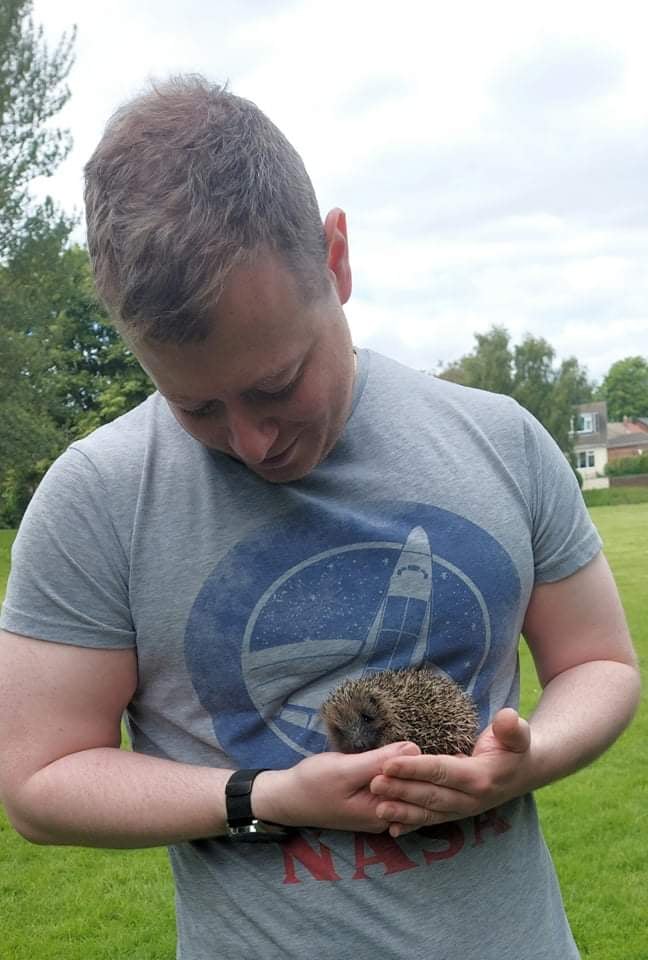
The University of Sunderland is investing £5.5million in a ‘living lab’ which could bring health benefits for thousands of people in the region.
The lab, developed in partnership with City Hospitals Sunderland NHS Trust and Sunderland’s Clinical Commissioning Group (CCG), will be used to deliver integrated working between university researchers, staff, students and healthcare and life sciences partners.
Ann Fox, director of nursing, quality and safety at the CCG, said: “[The living lab] will encourage and enable services to work together and improve training in the healthcare sector.
“By helping us test our patient–centred treatment from home, to pharmacy, GP to hospital and back home again the lab will undoubtedly help us to innovate and improve healthcare for people in the region.”
Mr Kim Hinshaw, consultant obstetrician and gynaecologist at City Hospitals Sunderland NHS Foundation Trust, added: “The multi-million pound investment offers exciting opportunities for clinical staff and researchers at City Hospitals Sunderland to work closely with the University of Sunderland.
“This will allow closer collaboration in several areas of ‘cutting edge’ research. The new hi-technology simulation suite will enhance clinical training of our staff. This will directly benefit our Sunderland population, allowing us to offer the highest quality, safe clinical care.”
The facility will enable students, staff and health professionals to test, monitor and collaborate in new technologies, treatments and services in real world settings, raising the quality of care and improving patient safety.
It will also reflect the various settings of care provision and is made up of several specialist laboratories.
The new building will have a mock hospital ward, pharmacy dispensary and dementia friendly patient’s flat, a hi-fidelity simulation suite and an updated Point of Care Centre, which delivers education and training to those involved in patient care, using the latest technology to enhance treatment and diagnosis for patients.
Professor John MacIntyre, pro vice chancellor and Dean of the Faculty of Applied Sciences, said: “We firmly believe that our investment in facilities and research at the University will have a significant impact on our collaborative partnerships with key health providers, and on patients – with the potential to create a raft of new effective working practices.”
Professor Tony Alabaster, Associate Dean for research and external engagement and Head of the Department of Pharmacy, Health and Well-being, added: “The lab has been designed in partnership with local healthcare providers. It is dementia friendly and offers new models of care and different ways of working in a safe and creative environment.
“From the moment a patient becomes unwell at home, or a visit to their pharmacy, to treatment in a hospital ward – enabling interaction between students and patient volunteers with specific health conditions.”
The lab comes as port of a £5.5m investment into phase two of the Sciences Complex, based at the City Campus, at the University and will be completed this summer.
The Sciences Complex phase two has been supported by a £300,000 grant from the Garfield Weston Foundation and will be delivered in three stages.
The first stage, to redevelop the pharmacy laboratories was completed in September 2015. The second stage, the refurbishment of office accommodation, was finished last November.
In January this year, work began on the final stage – the creation of the living lab.



